 |
| April 20, 2020 |
Dear Reader,
Here's a glimpse of what's featured in today's roundup: Global temperatures in 2020 are on track to be among the highest ever recorded, according to NOAA. New work finds that a form of purely psychological therapy can have a protective physiological effect. And, while some couples might find the prolonged period of quarantine to be painful, research shows that it could unfold as an opportunity for personal growth and development. Our main story is an op-ed by theoretical physicist Avi Loeb. "We should be grateful for the fortuitous circumstances that allow us to exist," he writes. "Because they will surely go away one day, with or without COVID-19." Also, because it's "4/20," check out the article below from our archive if you're curious about the history of marijuana. |
| | Sunya Bhutta, Senior Editor, Audience Engagement
@sunyaaa | |
 |
| |
| |
| |
| |
| |
| |
| Neurological Health The Human Toll of Alzheimer's Alzheimer's took my wife's memory and her life and tortured our family. There was nothing we—or medicine—could do to stop it | | | | |
| |
| |
| |
FROM THE STORE
 | | Tomorrow's Medicine One hundred years ago, many common medical treatments were found in the pages of science fiction novels, whereas today, medical journals often sound like science fiction. This eBook looks at the most promising areas where technology could transform health, including cybernetics, regenerative medicine, nanotechnology and genetically tailored treatments. Although many of these advances may not be ready to treat humans for many years, some of them may someday profoundly change—and extend—our lives. |  | | |
| |
FROM THE ARCHIVE
 | | | |
| |
LATEST ISSUES
 |
| |
| Questions? Comments?  | |
| Download the Scientific American App |
| |
| |





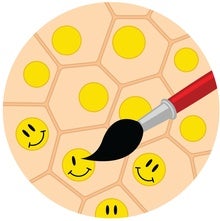

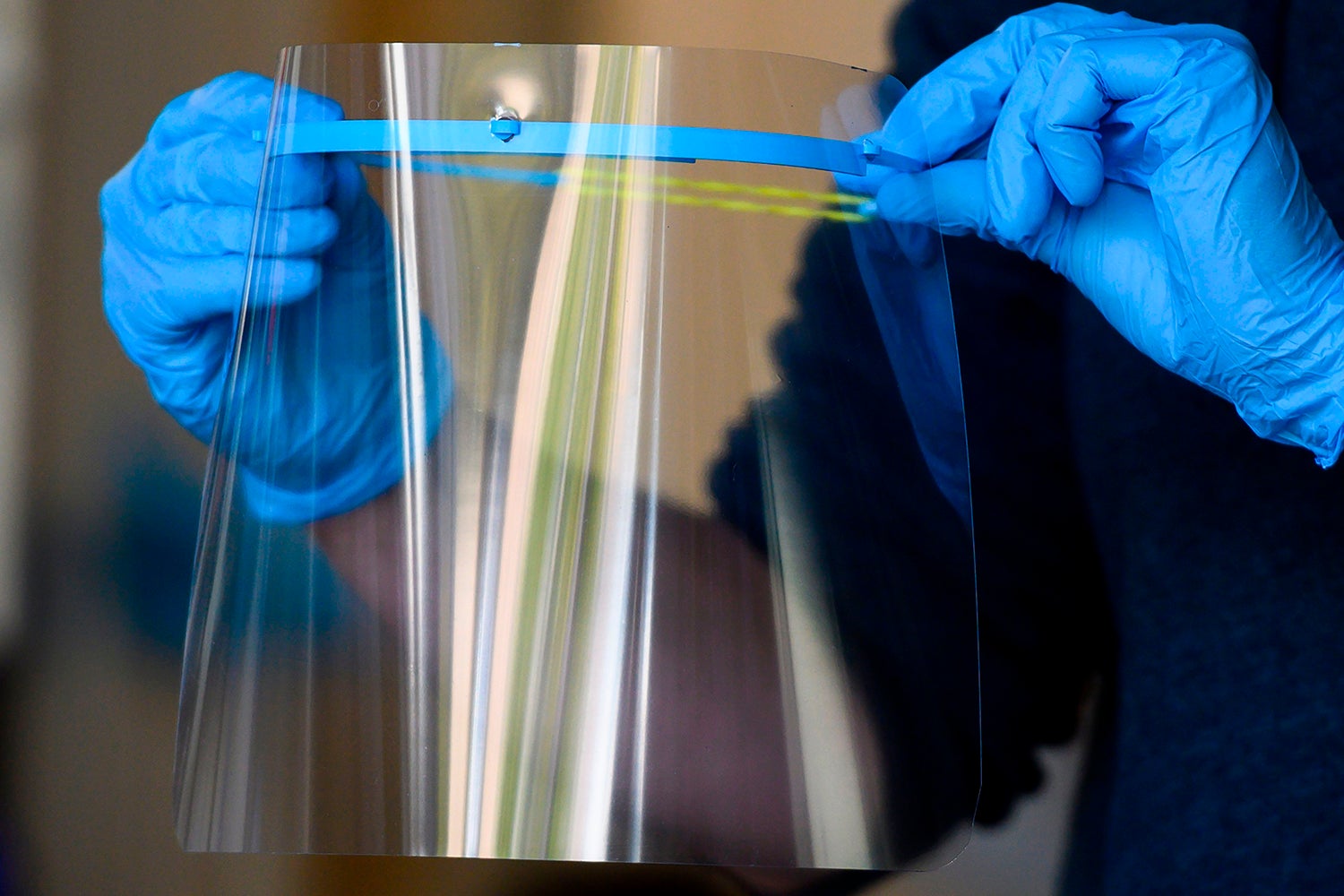

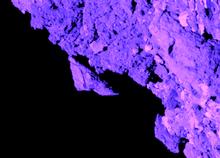


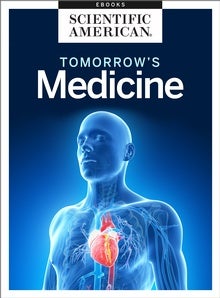




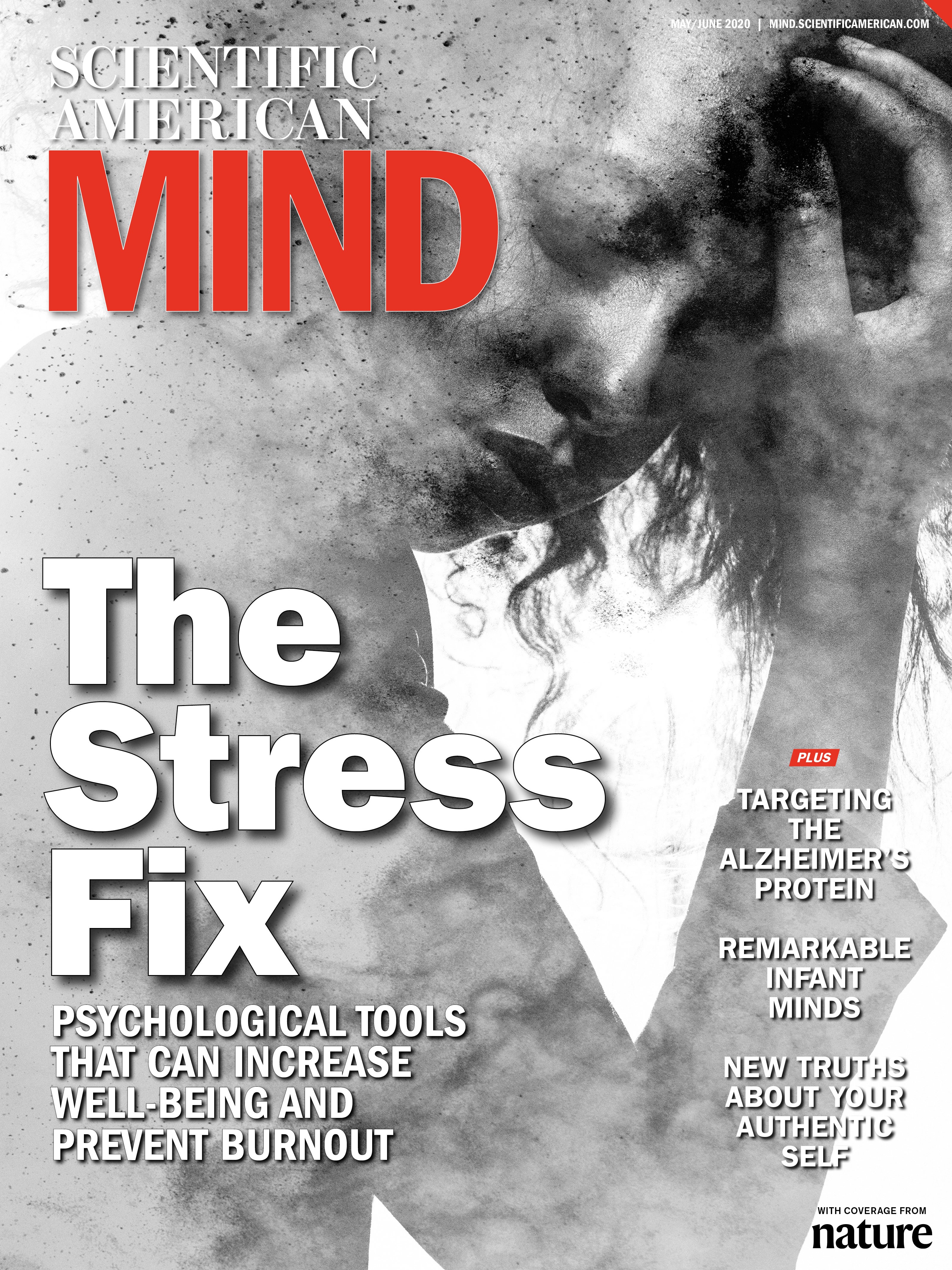
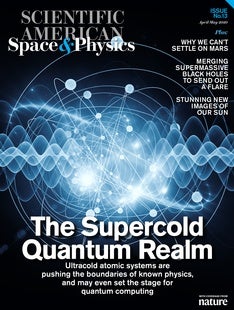
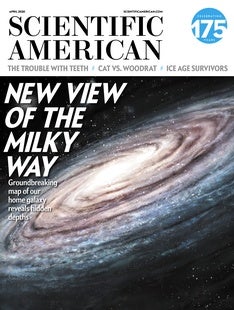



Comments
Post a Comment